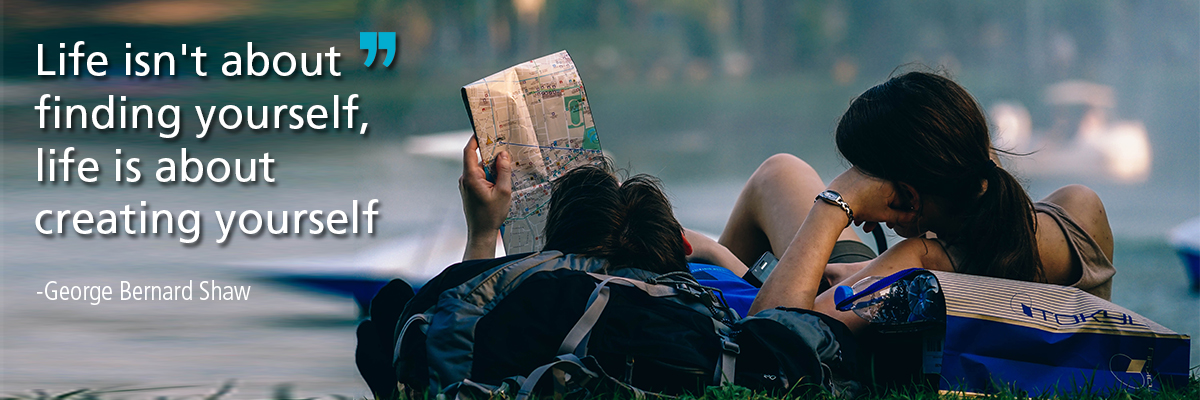
My name is Colette Lane and I am a person who uses services. In February 2010 I became a statistic. I became the one person in four who would experience a mental health problem. My mental health deteriorated rapidly and I was referred into mental health services. I lost my job and I felt like my life had ended.
In my previous life I was a teacher for 16 years, a grade one teacher as judged by OFSTED: successful, ambitious and competent. I was being fast-tracked into senior management and I was looking to apply for jobs as an assistant head teacher. My identity lay in my chosen profession and life was good.
Now I had no idea who I was any more.
I believe that your identity can become so wrapped up in your diagnosis and that your life can revolve around appointments and medications. I felt like everything in my life had fallen apart. I had no confidence and felt like I couldn't achieve anything.
I was so deep in the proverbial tunnel that all I could see was darkness. There was definitely no light at the end of this tunnel.
But things began to change although it’s hard for me to pin point exactly when my recovery journey began.
Recovery is a word often used to describe the process a person with mental ill-health goes through in order to move forward in their life. For some people recovery is about returning to a state of feeling well and content, for others it is about achieving the best quality of life possible whilst living with ongoing symptoms.
But recovery can be rather like crossing a river. Once a bridge has been put across a river, it's easy to get to the other side. Prior to that, it's difficult. You need a boat. Or at least a raft. Or you would have to swim. And even while you are trying to build a bridge, you can expect it to be a long drawn-out process. Recovery can sometimes feel a bit like you are being told about a result that may be attainable but that everyone is forgetting to mention the time, effort and energy that successful recovery will require.
Personally, I had lost all confidence in myself so one of the first things I did was ask to be referred onto a confidence building course at the local day treatment service.
I joined a writing group at the local library and found that I now had a way to communicate what I was feeling as well as giving me the incentive to get out and mix with other people.
I attended a peer support group so I could meet other people who were experiencing what I was experiencing.
I joined a choir so I could explore my creative side and do something I enjoyed.
Gradually I began to volunteer with a range of organisations, mainly focussing on where I could use my lived experience of mental illness to help others on their recovery journey, as well as with navigating the path through mental health services.
For me the key benefits of voluntary work have been: building up my confidence; feeling worthwhile; feeling accepted and having a regular routine in my life – a reason to get up in the morning.
My journey of recovery is ongoing but I am beginning to see a chink of light at the end of the tunnel.
Recovering from mental illness is difficult. It is probably the hardest thing you will ever do. But in doing so, in making slow progress, you will learn a lot about yourself and about life.
The ups and downs of recovery are hard but the ups prove that you're getting better and that's important to remember when you are experiencing the downs.
My name is Colette Lane and I am so much more than just a person who uses services.
I am also a mother, a wife, a sister and a friend. I have a mental illness and I am undergoing treatment. I am on my recovery journey. My recovery journey is difficult and very hard work but I am learning to live a full and meaningful life whilst trying to manage my condition. I am an active member of my community and I volunteer with a range of organisations. I have strength and resilience. I am a useful member of society and I have a life worth living.